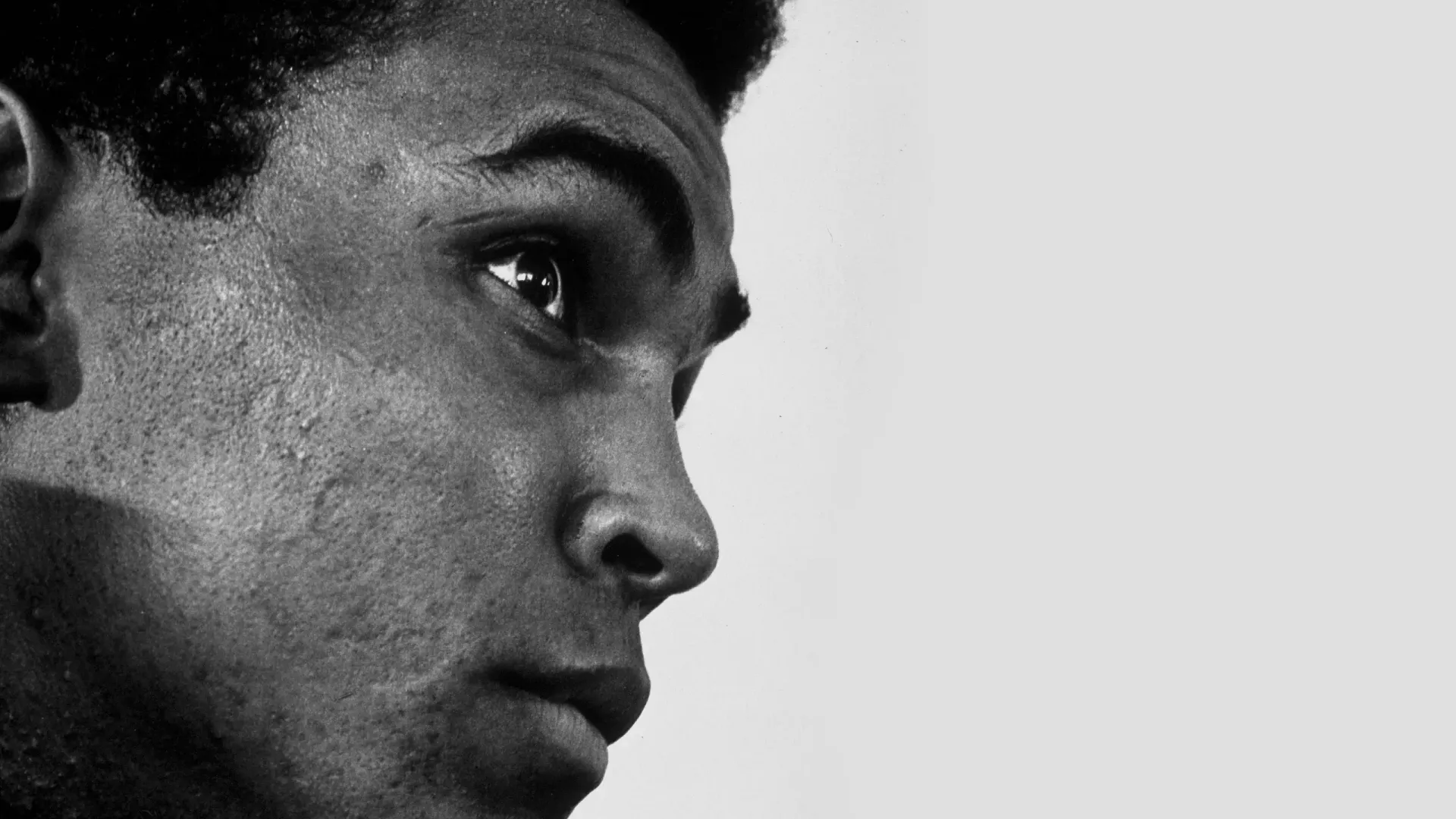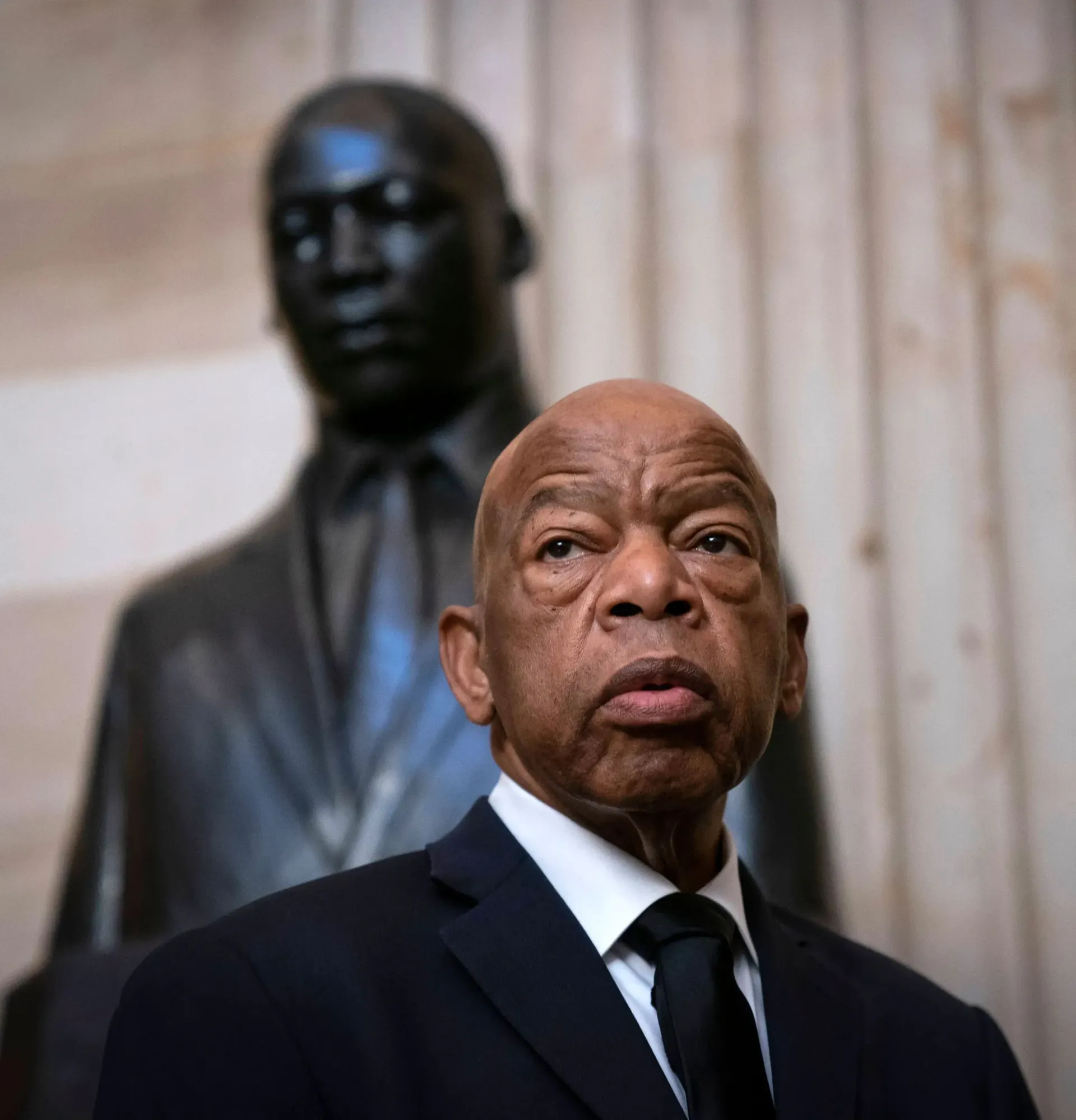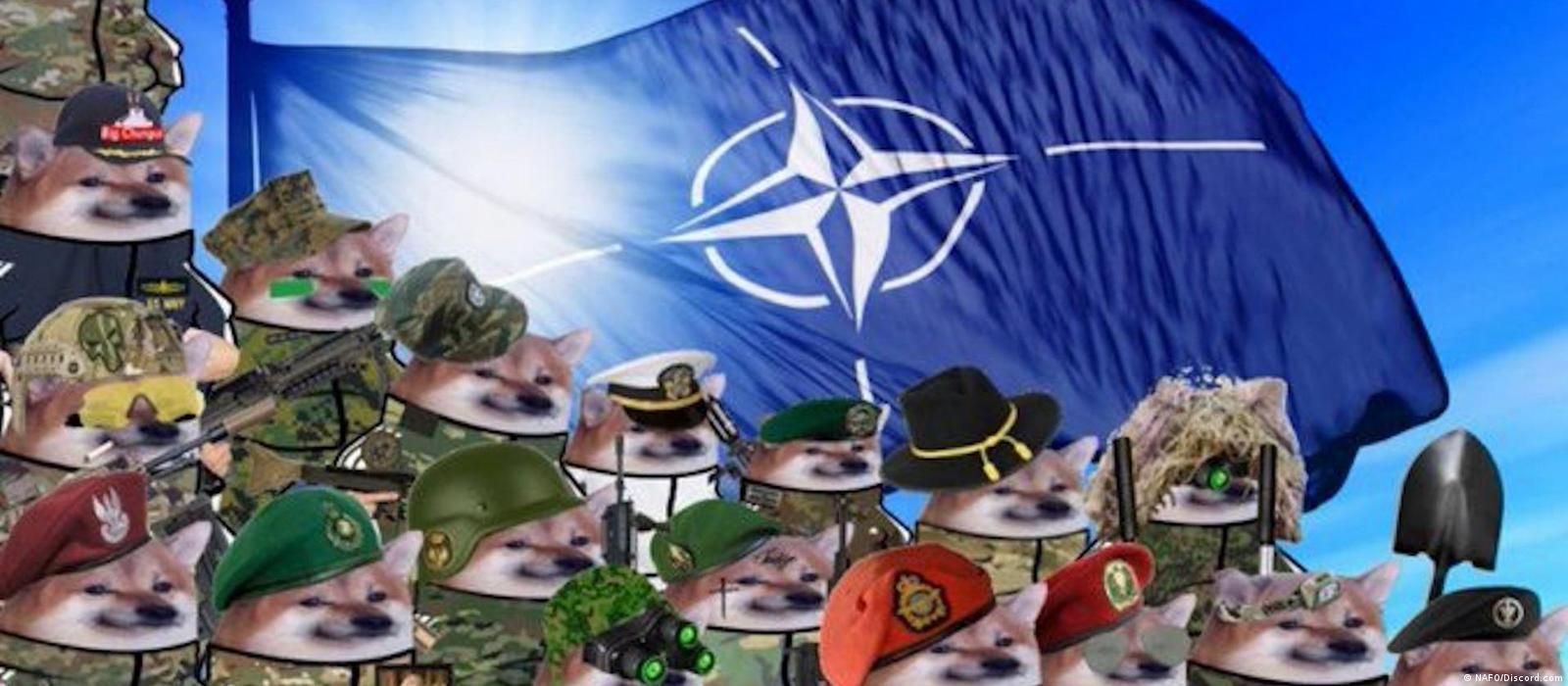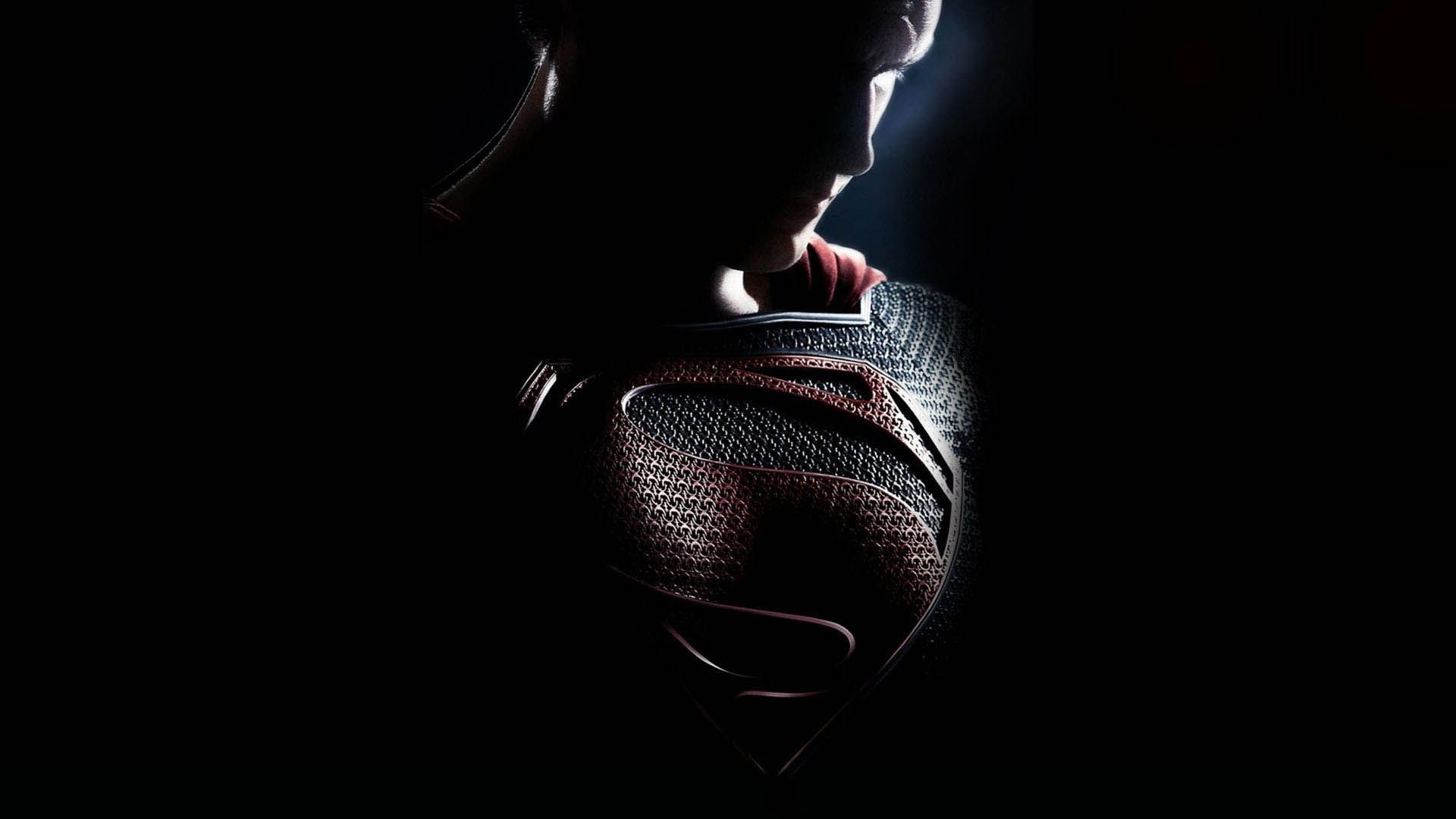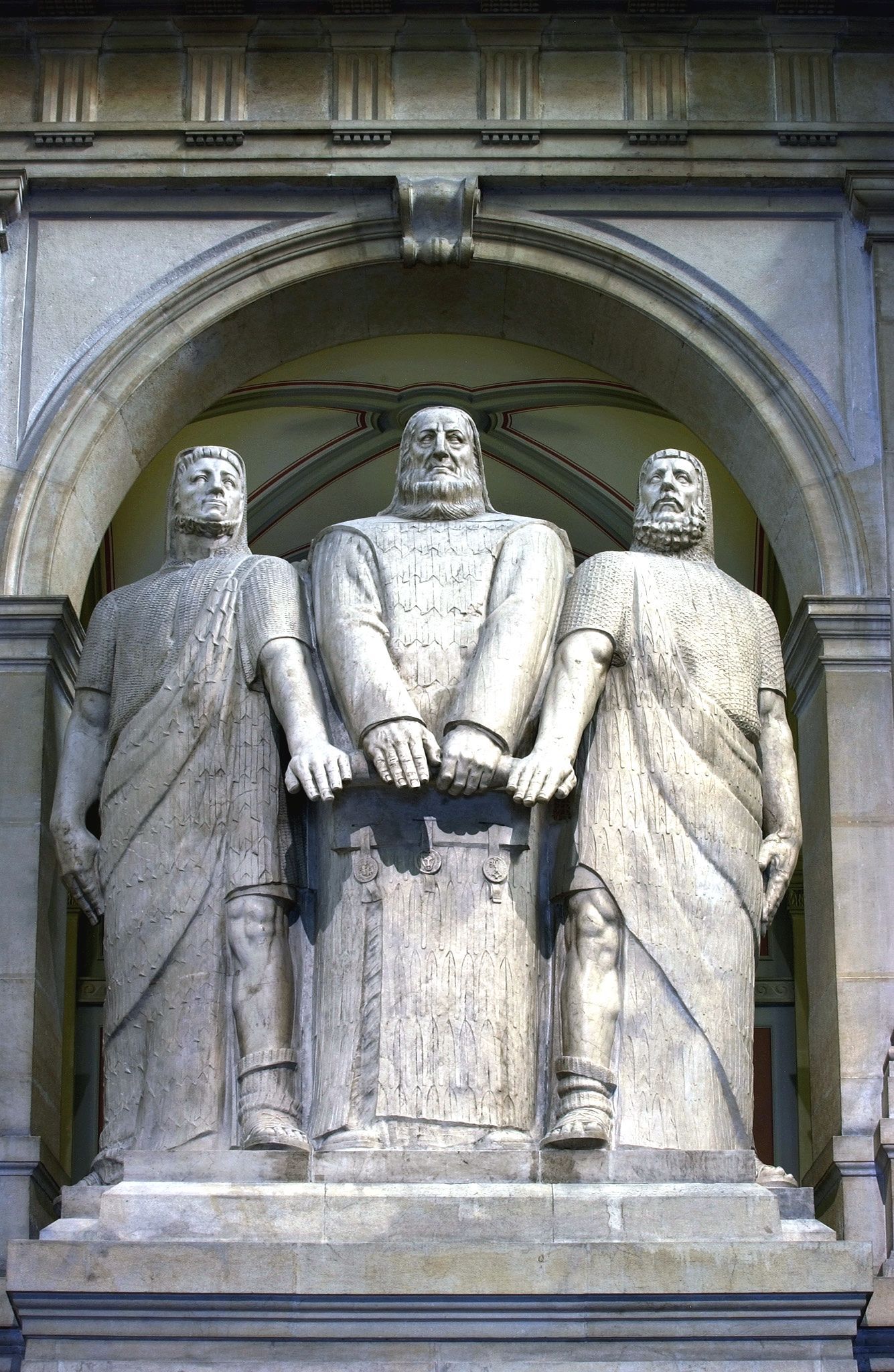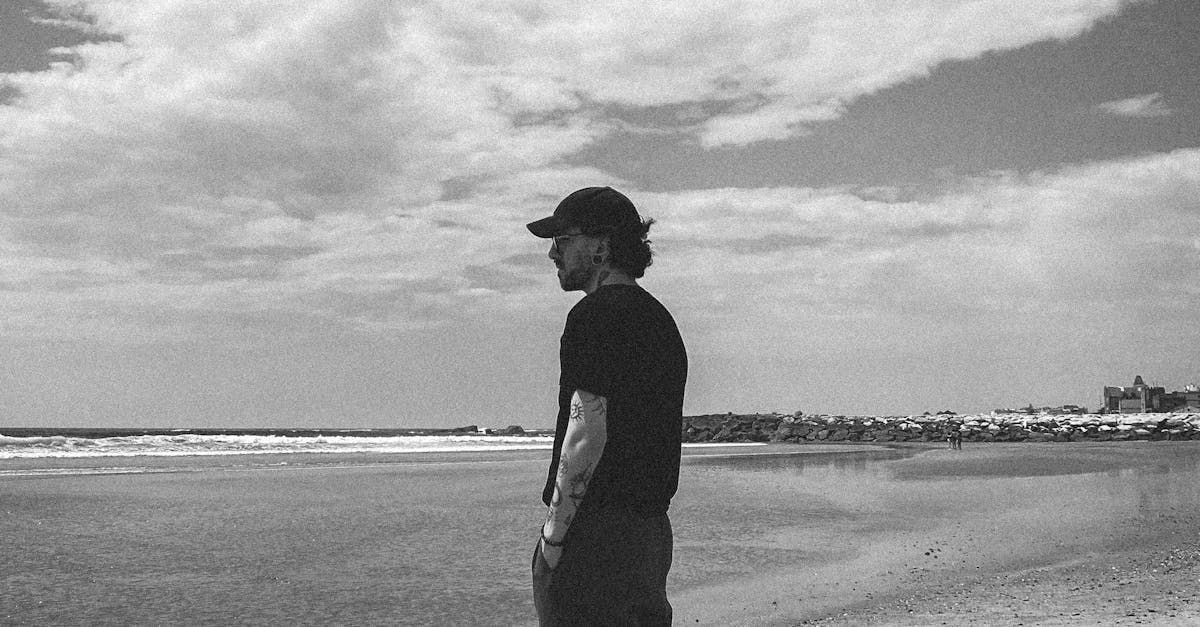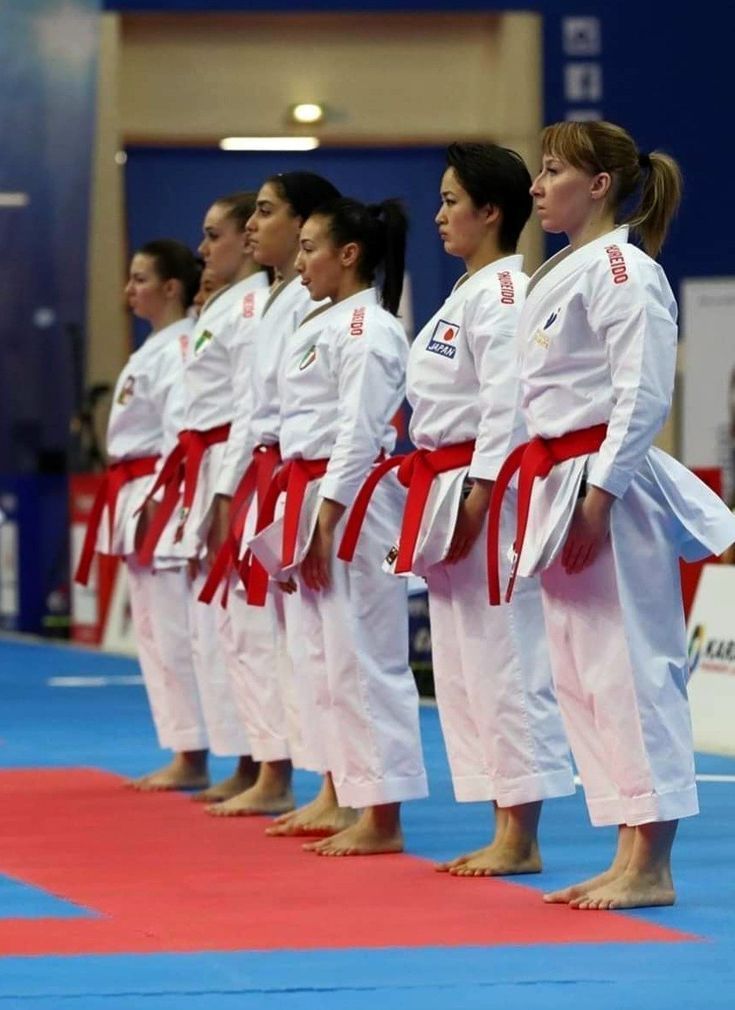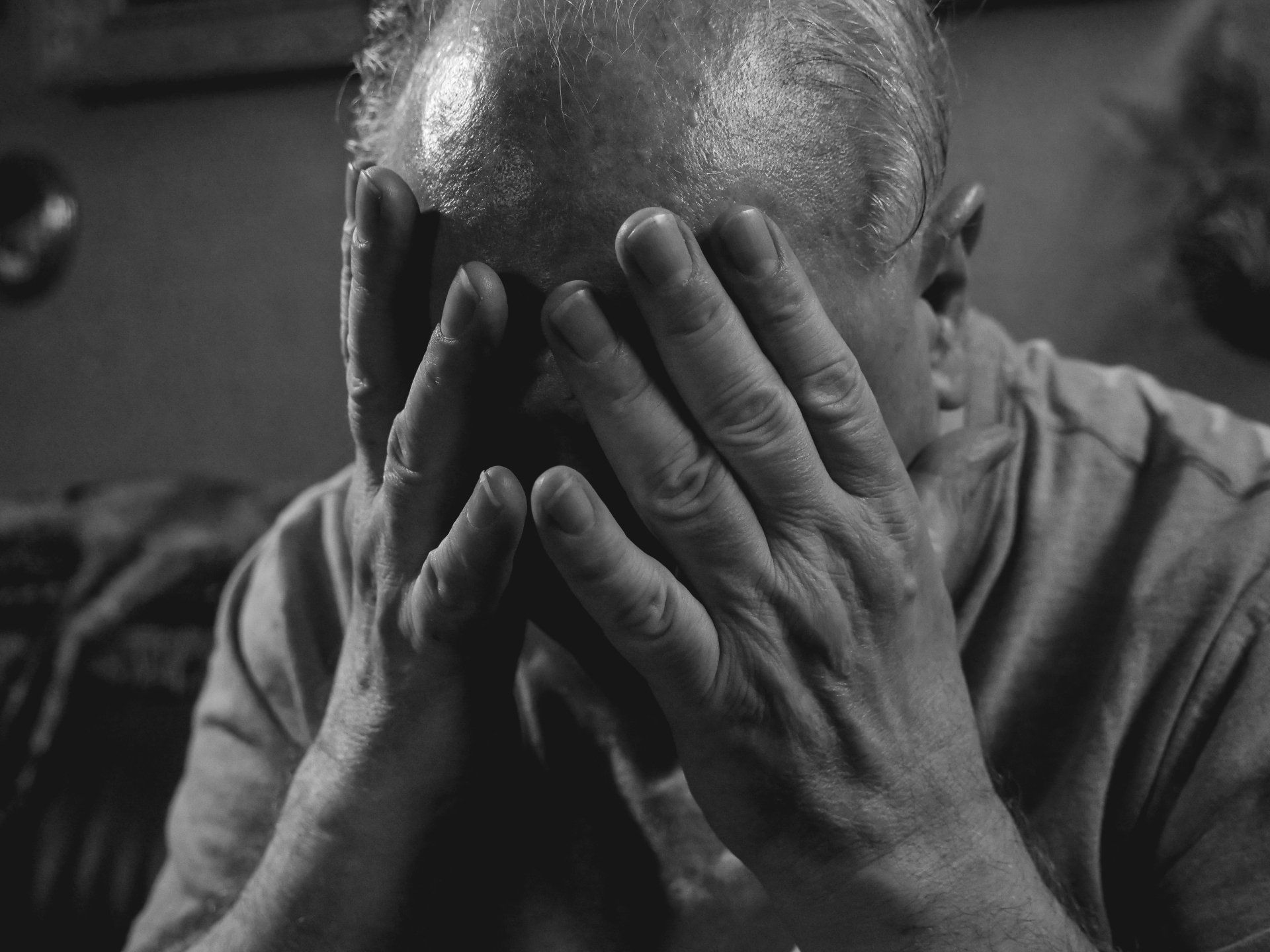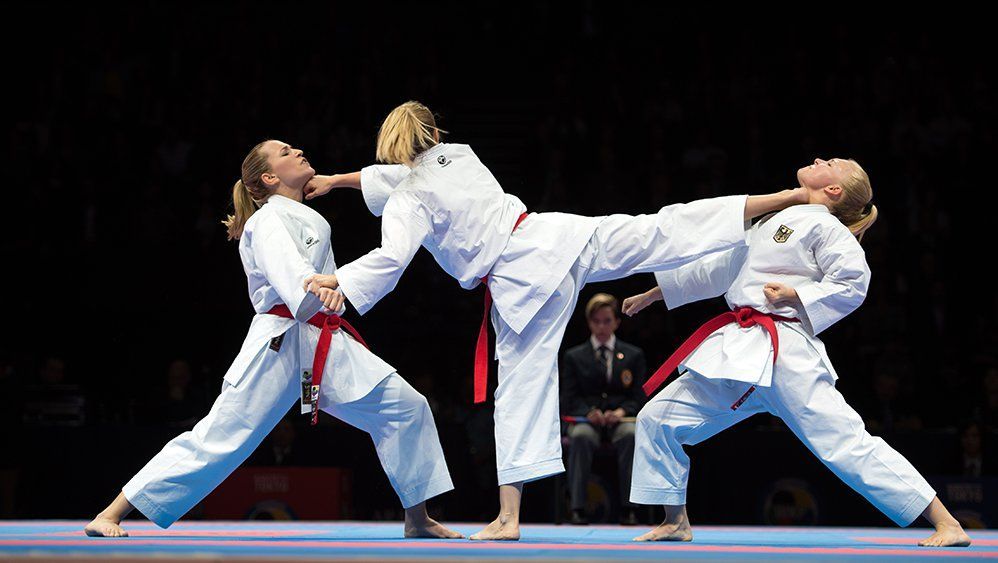The Codex Project: A Universal Quest for the Definition of a 'Good Human'
The Codex Project: A Universal Quest for the Definition of a 'Good Human'

In an era marked by unprecedented global connectivity and equally pervasive divisiveness, the quest for a universally accepted definition of what it means to be a "Good Human" has never been more urgent. This is the essence of The Codex Project, an initiative by The Society of Good People, a California-based international nonprofit organization dedicated to fostering global harmony and ethical living. Our mission transcends cultural, religious, and philosophical boundaries, aiming to create a secular framework that resonates with all individuals, irrespective of their faith, background, or ideology.
The Genesis of The Codex Project
The inspiration for The Codex Project is rooted in the ancient samurai code of Bushido, which emphasizes virtues such as honor, courage, and integrity. Our martial arts background has instilled in us a profound respect for these principles, which we believe form the foundation of moral and ethical conduct. However, recognizing the diversity of global perspectives, we seek to expand beyond this framework, inviting contributions from all religions, faiths, and philosophical traditions to construct a truly inclusive and universal definition of goodness.
Philosophical Underpinnings
Philosophically, the concept of a "Good Human" is as old as humanity itself, permeating the doctrines of Aristotle, the teachings of Confucius, and the moral imperatives of Kant. These varied perspectives provide a rich tapestry of thought on what constitutes ethical behavior and a meaningful life. The Codex Project aims to distill these diverse philosophical insights into a coherent set of principles that can guide individuals toward altruism, respect for others, and a commitment to the common good.
Sociological Considerations
From a sociological perspective, the definition of a "Good Human" is deeply influenced by cultural norms, social structures, and historical contexts. However, in the face of global challenges such as climate change, inequality, and conflict, there is a pressing need for a universal ethos that transcends societal differences. The Codex Project seeks to identify common values and virtues that foster social cohesion and mutual understanding, thereby promoting a more peaceful and harmonious global community.
Ethical Framework
Ethically, The Codex Project is grounded in the principle of universal respect for human dignity. It advocates for justice, compassion, and empathy, encouraging individuals to consider the impact of their actions on others and the environment. By integrating ethical theories such as utilitarianism, deontology, and virtue ethics, the project aims to create a balanced and actionable guide for ethical living that is accessible to everyone, regardless of their philosophical or religious beliefs.
The Collaborative Process
The development of The Codex is a collaborative, iterative process, involving scholars, religious leaders, philosophers, and the general public. Through workshops, forums, and online platforms, we invite a wide range of perspectives and engage in constructive dialogue to shape the contents of The Codex. This inclusive approach ensures that the project is not only interdisciplinary but also intercultural, reflecting the diverse tapestry of human experience and wisdom.
Contributions from World Religions and Philosophies
Recognizing the rich moral and ethical teachings of the world's religions and philosophical traditions, The Codex Project seeks to draw on this collective wisdom. From the compassion and non-attachment espoused in Buddhism to the emphasis on charity and community in Islam, and the call for justice and love in Christianity, each tradition offers valuable insights into the qualities of a "Good Human." Similarly, secular philosophies and ethical systems provide critical perspectives on autonomy, responsibility, and the pursuit of happiness.
The Role of Secular Humanism
While The Codex Project is open to religious and spiritual contributions, it maintains a foundation in secular humanism to ensure its universal applicability. This approach emphasizes common humanity, ethical self-determination, and a commitment to reason, science, and critical thinking as tools for solving human problems. By grounding the project in these principles, we aim to create a framework that is inclusive, adaptable, and relevant to individuals from all walks of life.
Challenges and Opportunities
One of the primary challenges facing The Codex Project is the inherent subjectivity of moral and ethical principles. What one culture or individual may consider virtuous, another may view with indifference or even disdain. However, we view this diversity not as a barrier but as an opportunity to foster deeper understanding and empathy among different cultures and communities.
Another challenge is the potential for moral relativism, where the absence of absolute standards could lead to ethical ambiguity. To address this, The Codex emphasizes core virtues that have shown universal resonance, such as compassion, fairness, and respect for life, while allowing for cultural variations in their expression and application.
The Vision Moving Forward
The ultimate vision of The Codex Project is to create a living document, one that evolves over time as our collective understanding of what it means to be a "Good Human" deepens. We envision The Codex becoming a global reference point for ethical decision-making, education, and policy development, inspiring individuals and communities to act with integrity, respect, and compassion.
As the founder and president of The Society of Good People, I invite you to join us on this ambitious journey. Whether you come from a background in religion, philosophy, science, or none of the above, your voice is essential in shaping this universal definition of goodness. Together, we can forge a path toward a more ethical, just, and compassionate world.
Conclusion
In conclusion, The Codex Project represents a bold step forward in the quest for a universally accepted definition of a "Good Human." By weaving together the threads of diverse moral and ethical traditions, we aim to create a tapestry that reflects the complexity and beauty of human life. Through collaboration, dialogue, and a commitment to universal values, we can build a foundation for a future where dignity, respect, and compassion are not just ideals, but realities lived out in the daily lives of people around the globe. Join us in this noble endeavor, for in the pursuit of goodness, we find our common humanity.
